Description
This is a rare centrally-processed honey from the very south of Yirgacheffe. The exporter of this coffee, Ephtah Specialty Coffee, is a very new women-founded and led group that brings years of former industry experience to a new venture. Lalesa, where the processing site is located (and built from scratch only 2 years ago by Ephtah), is part of the greater Gedeb district, known for its gifted processing climate and exquisite coffees, both washed and naturals.
This coffee is coming from my trip to Ethiopia back in February. Meeting Ephtah and seeing how they were empowering the pickers and running the processing centers was a site to behold. I really enjoyed this cup, it is a smaller beaned heirloom honey processed, very reminiscent of a Mocca coffee. Good semi-tropical fruitiness upfront, balancing with rustic chocolate and spice notes.
Tasting Notes: Lighter roasting is recommended to see the cup shine but hard to find a bad roast point. Lighter roasts are where you will see the cleanliness of the cup, balanced tones with good mouthfeel and hardly a hint of anything grassy or vegetal. It will have some decent brightness, lemony with just a pinch of peachy or tropical like fruitiness. The aromatics are unique being overly floral with some classic Ethiopian hints of lavender/jasmine. The lighter tones pull some balance with the classic tea (herbal/spice) like darker tones. Medium roasts really mellow out the acidity and reduce the citric & floral tastes, creates a bit more body and a much more recognizable chocolaty factor. A very smooth, balanced and rich cup with exotic highlights. Darker roasts are fuller bodied and dark toned: roasty, bakers chocolate with some unique spice and rich aromatics.
Roasting Notes: Higher chaff levels and somewhat uneven roasting. A bit of a longer first crack, so make sure you get a little development after you start seeing/hearing first crack happen. Surface color during roasting will appear slightly darker than average, generally looks 1 shade darker than it really is, also will pick up a slightly sheen on the surface heading into medium roast territory. Generally folks will want to make sure to cool if they start seeing any sheen on the surface. Especially on air roasters, second half of the roast can go very quickly being a little smaller beaned coffee with higher chaff levels, as you get close to 1st crack you might want to reduce temp slightly. Great tasting 12 hours after roasting but waiting a couple extra days brings some greater depth to the cup.
Gedeb and Its Coffee
The district of Gedeb takes up the south-eastern corner of Ethiopia’s Gedeo Zone—a narrow section of plateau dense with savvy farmers whose coffee is known as “Yirgacheffe”, after the zone’s most famous district. Gedeb, however, is a terroir, history, and community all its own that merits unique designation in our eyes. Coffees from this community, much closer to Guji Zone than the rest of Yirgacheffe, are often the most explosive cup profiles we see from anywhere in Ethiopia. Naturals tend to have perfume-like volatiles, and fully washed lots are often sparklingly clean and fruit candy-like in structure.
Gedeb is a remote but impressively industrious area for coffee production. Half of its territory is planted with coffee. Until recently coffee exports were allowed only limited channels and the vast majority of coffee grown in this area was sold by the Yirgacheffe Coffee Farmers Cooperative Union (YCFCU), consolidated under the wide-reaching Worka Cooperative, or sold anonymously through the Ethiopia Commodity Exchange (ECX). Today, however, there are increasing numbers of single farm owners and independent companies who are processing and exporting direct.
The city of Gedeb itself is a is a bustling outpost that links commerce between the Guji and Gedeo Zones, with an expansive network of processing stations who buy cherry from across zone borders. These processors (and we would agree) would argue their coffee profiles are not exactly Yirgacheffe, but something of their own. The communities surrounding Gedeb reach some of the highest growing elevations for coffee in the world and are a truly enchanting part of the long drive into Guji. Banko Gotiti is a large agricultural area East of Gedeb and includes union cooperative members that are cooperative-affiliated, as well as independent washing stations of various types, many of which, like this one, are simply named after the municipality in which they’re located.
Lalesa Drying Station & Processing
Ephtah’s Lalesa site employs over 350 individuals during harvest time to manage all processing and financial operations. During harvest cherry is received every day. The station produces traditional sundried naturals and washed coffees as well as a small quantity of honey processed coffee. Honeys begin with a cleaning and sorting of fresh picked cherry prior to intake. However, rather than immediately depulping, the Ephtah team gives the cherries one full day to rest on the drying beds, allowing some extra time for the cherries to further ripen and increase their internal sugar concentration. After the initial rest cherries are depulped and moved to shaded drying beds with the full mucilage intact, where it dries for 18-20 days.
Ephtah Specialty Coffee
The Lalesa processing site is owned by Ephtah Specialty Coffee, a newly-founded exporter managed by Wubit Bekele and a small team of other ambitious and talented women with many years of coffee industry experience between them. Wubit was raised in Nekempte, a well-known coffee area, and after working many years for a large exporter as a university graduate, decided to start her own company. Ephtah has relationship-based sourcing now in West Arsi, Sidama, Gedeo, and Guji zones, ranging from central processors to single farmers with only a few hectares of land.
Ephtah’s sustainability is focused on interpersonal strength and includes the following pillars: women inclusion and empowerment; community engagement; and boosting production and improving quality. Women, especially, are recognized by Ephtah as the “underappreciated pillar” of Ethiopia’s coffee industry, who deserve to be competitive in the industry, profitable, and who should be thriving in a way that inspires young women to start their own businesses.
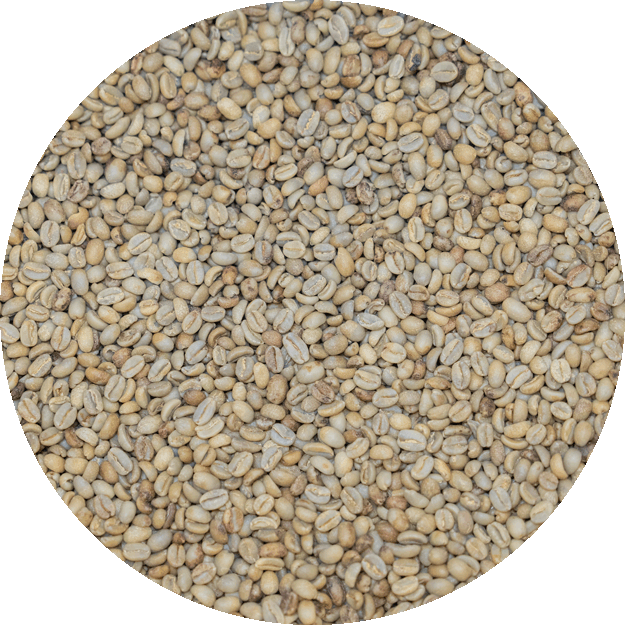
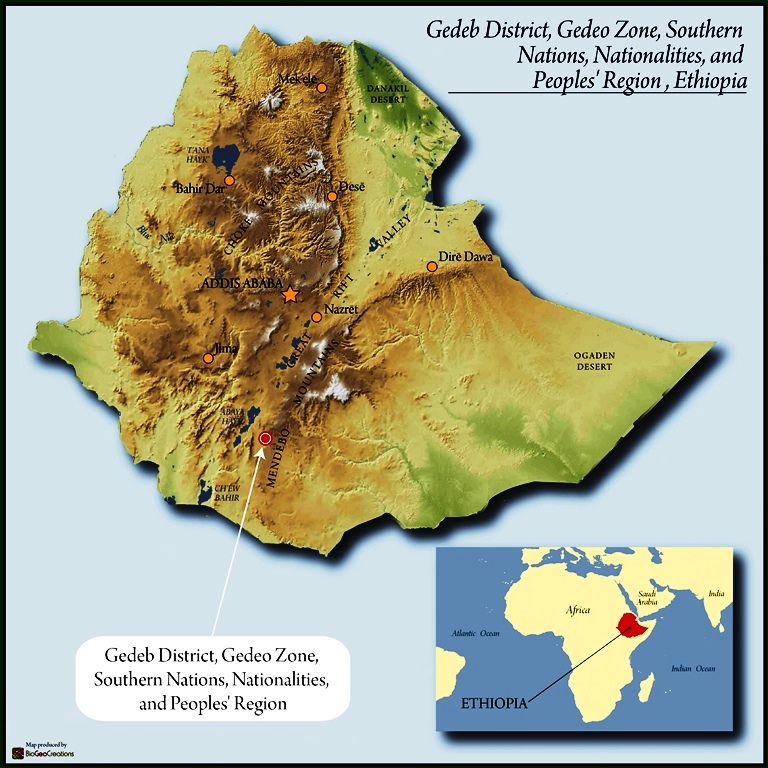
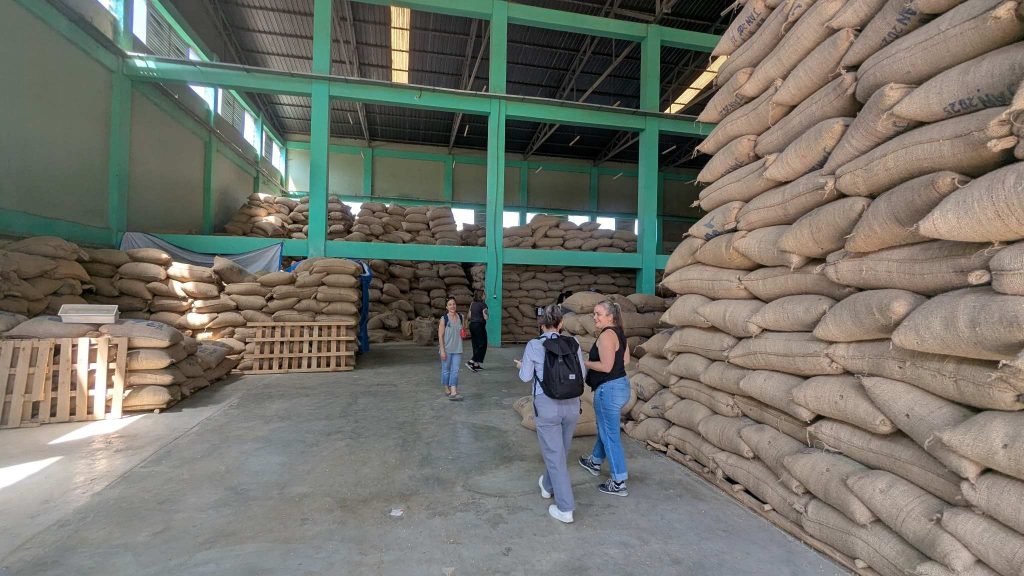
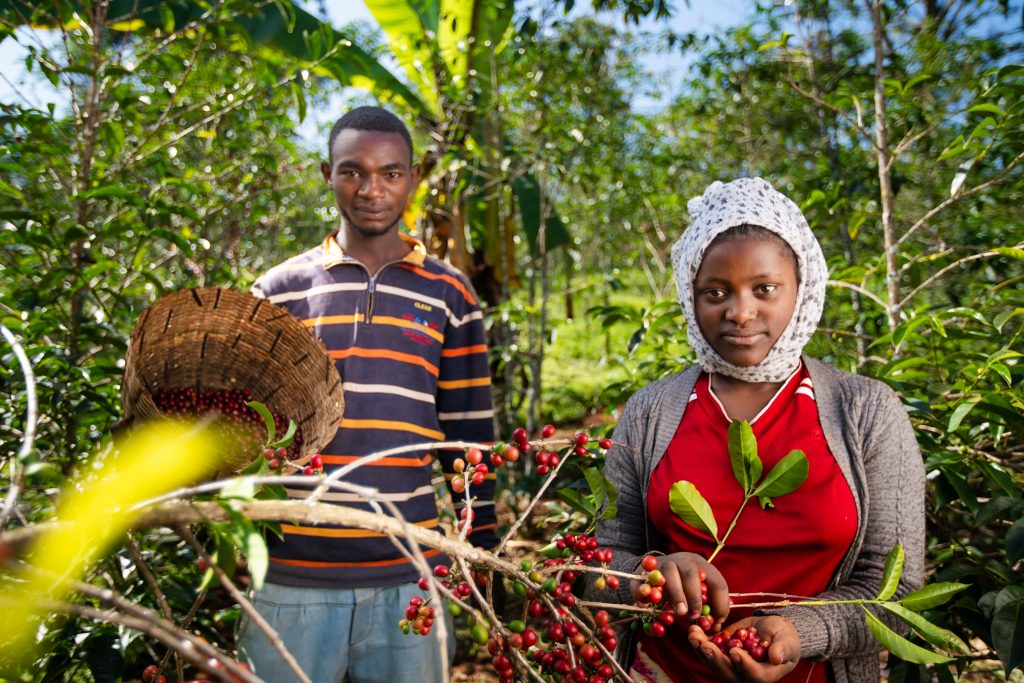
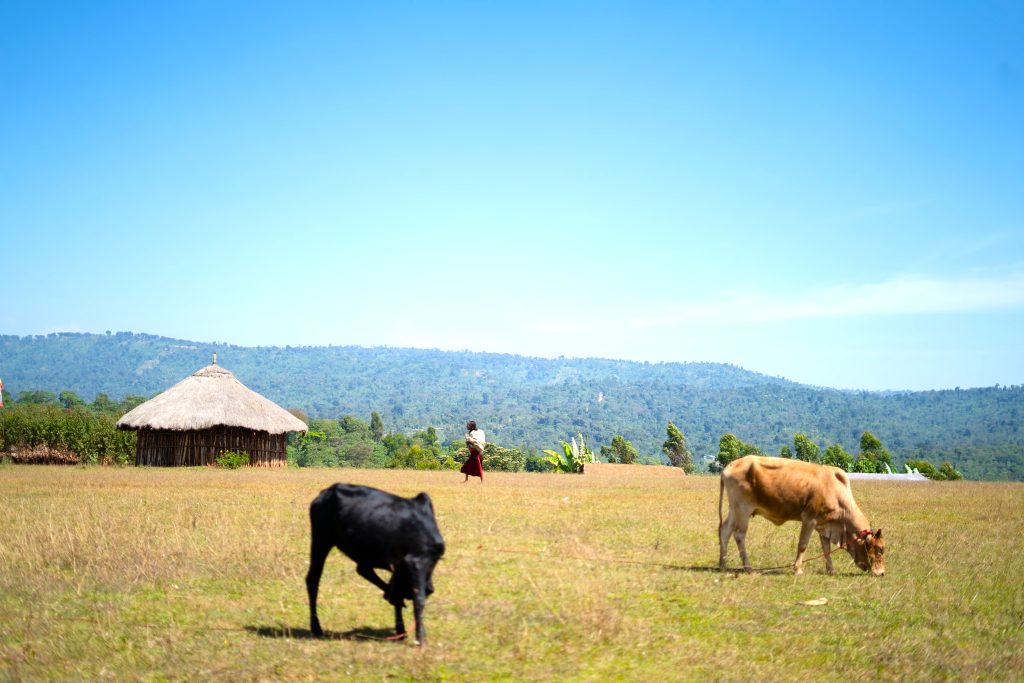
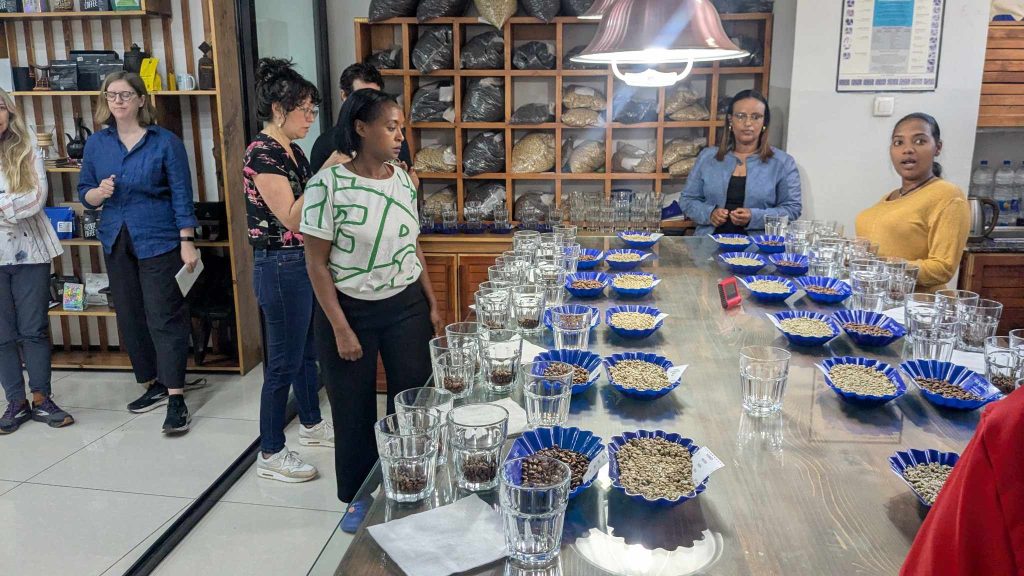
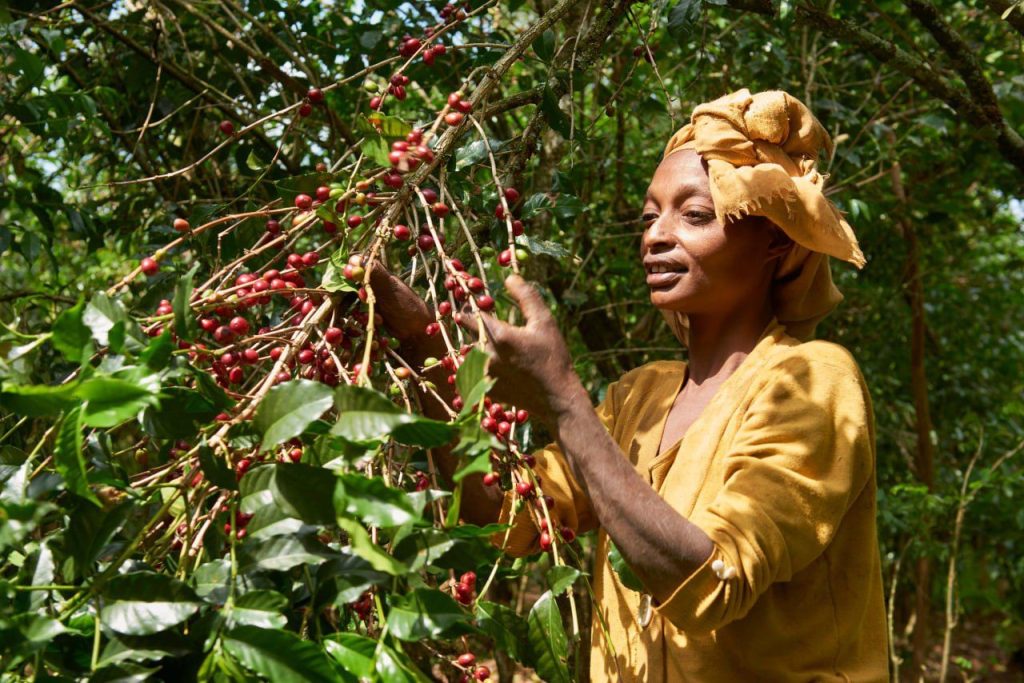
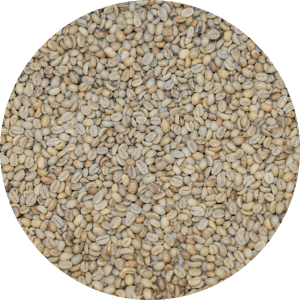
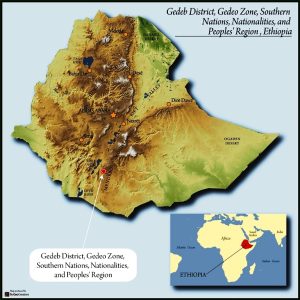
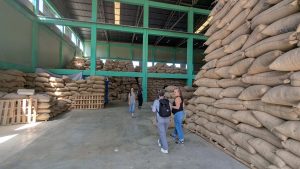
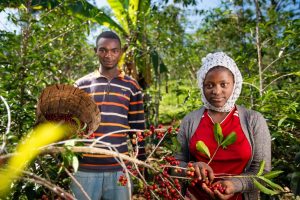
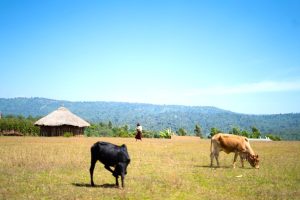
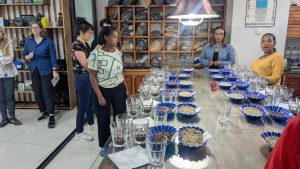
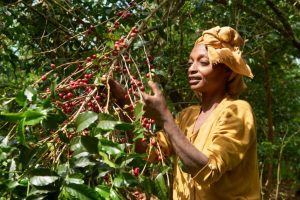
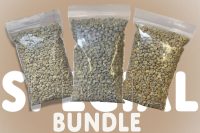
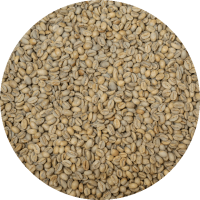
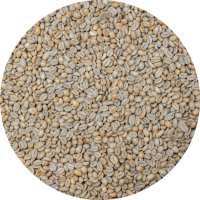
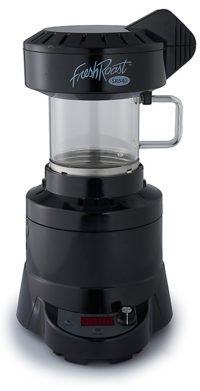

Reviews
There are no reviews yet.